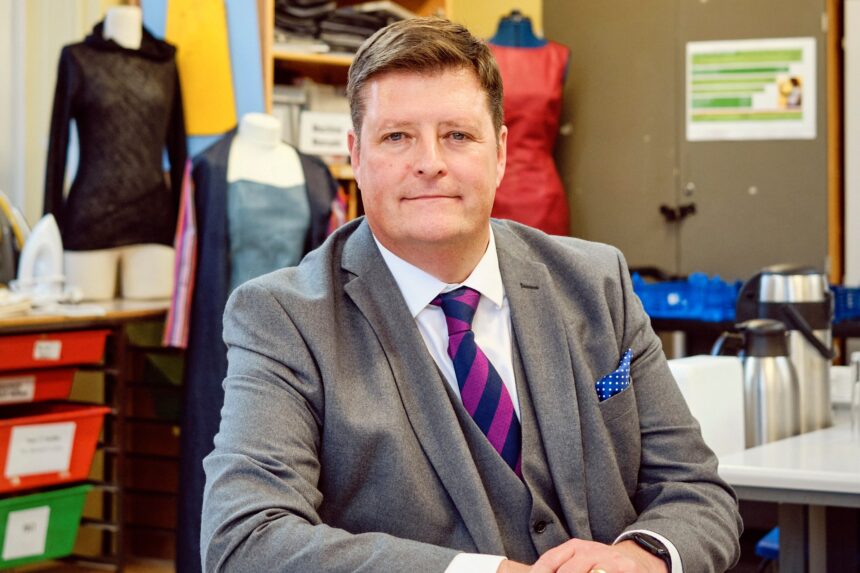According to Sir Martyn Oliver, the new report card style inspection report will focus on inclusion.
The Ofsted’s chief inspector of schools said schools should not turn away “difficult” students over fears that they will harm their results and face being appraised on how inclusive they are towards local children.
The head of Ofsted, Sir Martyn Oliver, told leaders of English schools that the report-card style inspection reports to be introduced next year will focus on inclusion.
Oliver told the Confederation of School Trusts (CST) in Birmingham, “First and foremost, schools must meet the needs of all their local children. It really shouldn’t be the case that local children have to fit into the needs of their school.”
He said he intended to ensure that “schools can match the needs and provision of children, especially children with special educational needs, or who are finding learning difficult or are economically disadvantaged, or are vulnerable, whatever is their characteristic, and making sure that their school is working for them.
“Or it could be that they are high performing … [and] making sure that schools are delivering for the local communities holistically.”
Oliver cautions that Ofsted will likely degrade schools that deliberately limit their admissions. He stated: “What we don’t want to see is schools turning children away because of Ofsted, because they get this sense that these might be difficult children, and they can’t be educated here or that might bring our school down,” he said.
“We want to make sure that Ofsted plays its part, to recognize that schools have difficult work to provide for children, and that’s why I want to look at more than just raw data.”

The general secretary of the National Education Union, Daniel Kebede, said the Department for Education (DfE) and Ofsted need to shed more light on what it means by inspecting inclusion.
He stated: “The change needed to build more inclusive schools cannot happen overnight and needs investment in staffing, training, access to specialist services and a curriculum and assessment system fit for purpose.” “Ofsted needs to be aware of the barriers schools face in the current system and recognize good practice in the face of this when inspecting.”
Oliver stated that school behaviour policies needed to be flexible and “appropriate”, with students who were excluded or suspended placed in suitable “high quality” alternative provision.
He stated: “We don’t mean that we will penalize schools that use suspensions and exclusions legitimately. But we will want to know that the highest standards are in place to make sure all children are receiving the most appropriate provision.”
However, Oliver said he was concerned about ensuring that these children have high-quality alternative provisions, though Oftsed would not penalize schools that used suspensions and exclusions legitimately.
He stated: “It’s about making sure that where you have repeated suspensions or repeated permanent exclusions, that you are being reflective as leaders, especially trust leaders who are working in groups of schools, to see whether their practices are meeting the needs of those children.”
Oliver also said that some school leaders had become “adversarial” towards Ofsted inspectors, putting them under “undue influence” during inspections and pleaded for more civility.
He stated: “I am hearing about occasions where trust leaders are putting pressure on inspectors and making the inspection process more adversarial.” “Inspections won’t work as we all want them to, if they run ‘hot’. I really want to take the temperature down.”
Oliver added that Ofsted had been through “a very heightened period” over the past 18 months that has been challenging for the inspectorate, citing the death of headteacher Ruth Perry last year.
The CST chief executive, Leora Cruddas, stated: “Trust leaders and inspectors should always follow the principles of public life, and approach inspections in a spirit of partnership. It is important that trusts feel able to raise any concerns about an inspection in that spirit.”















